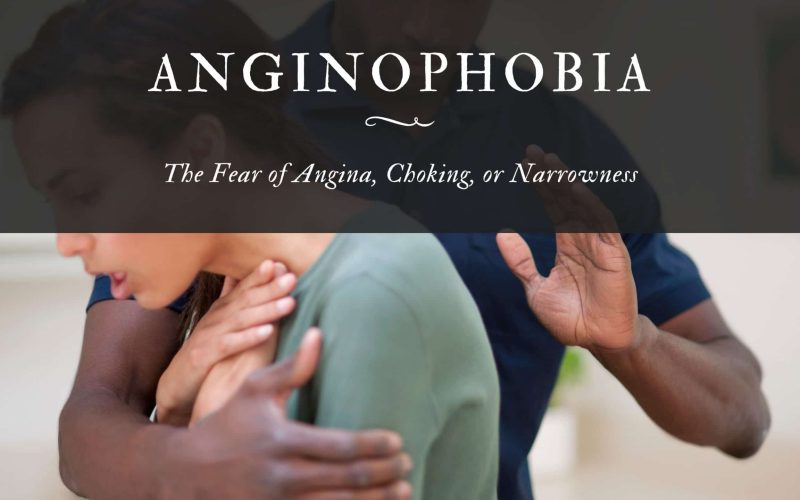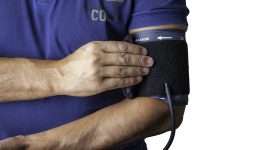People have different fears. There are fears as common as fear of the dark and as rare as fear of choking.
In this article, we will be discussing anginophobia.
What is Anginophobia?
Anginophobia is a rare phobia. It is the fear of choking, angina, or narrowness.
The word anginaphobia origin from a Latin word agina (meaning to strangle, choke or suffocate) and the Greek word phobia (meaning to fear).
Anginophobia, just like Androphobia and some other phobias, is considered a specific phobia. Anginophobia also goes by different names. It is also known as Angionophobia and Anginaphobia.
What Are the Causes of Anginophobia?
It is generally known that phobias do not have any specific cause, as they can arise from a combination of external events (examples are stories told by other people or traumatic events) and even internal predispositions (i.e., genetics or heredity).
Many specific phobias may be linked back to a traumatic childhood experience or any particular triggering event.
What Are the Symptoms of Anginophobia?
As with all other phobias, the symptoms of Anginophobia vary by individual depending on the level of fear they feel.
The symptoms of Anginophobia typically includes an extreme fear, anxiety, and anything connected with panic such as rapid breathing, shortness of breath, irregular heartbeat, excessive sweating, sweating, nausea, nausea, dry mouth, dry mouth, inability to articulate words or sentences and shaking.
Can I Take Medicine to Treat Anginophobia?
While medicine for the control of Anginophobia can be prescribed, bear in mind that these medications are not created to cure your phobia.
It is also vital to note that these medications may have dangerous side effects or withdrawal systems that are usually severe.
It is also essential to talk to your doctor about the effects the drugs may have on you before you start using them.
However, there is hope for getting better as there are treatments for phobias, including psychotherapy, counseling, hypnotherapy (we do not advise this treatment method), and Neuro-Linguistic programming.
We hope that the information in this article has been helpful. Please leave a comment below if you have suggestions or questions.








